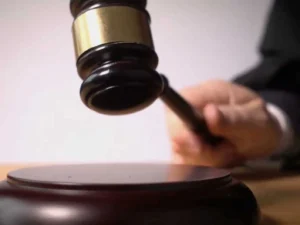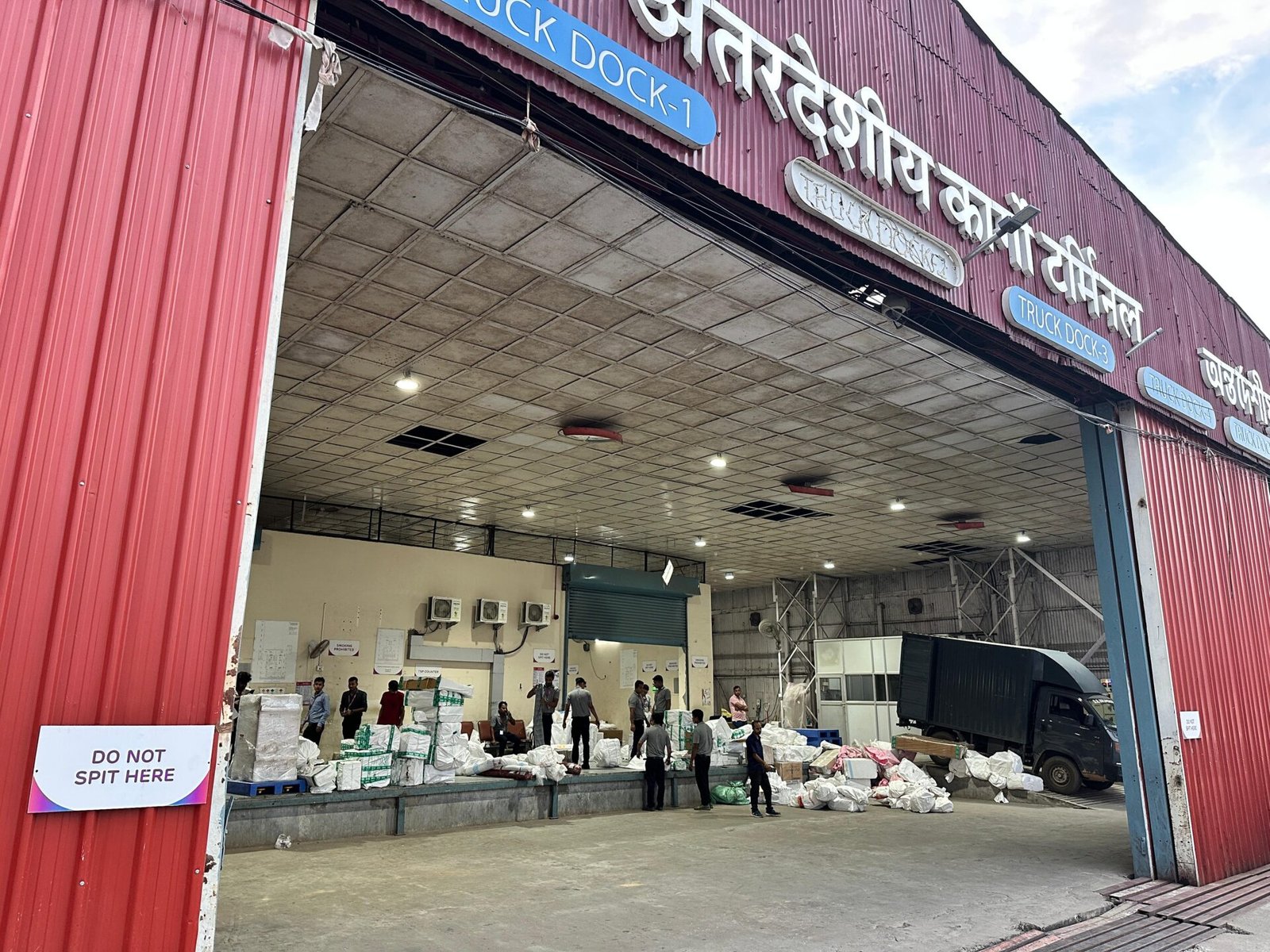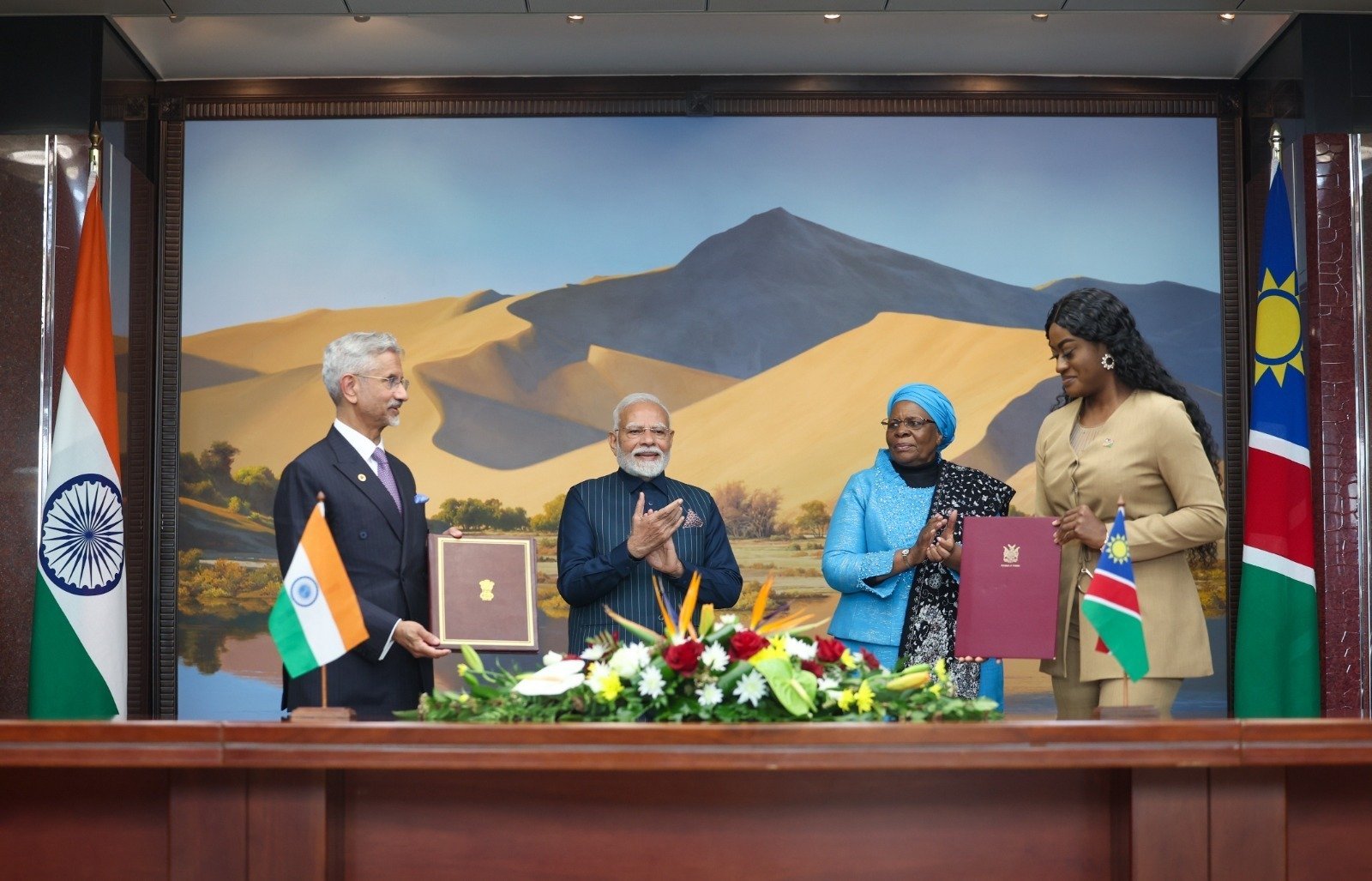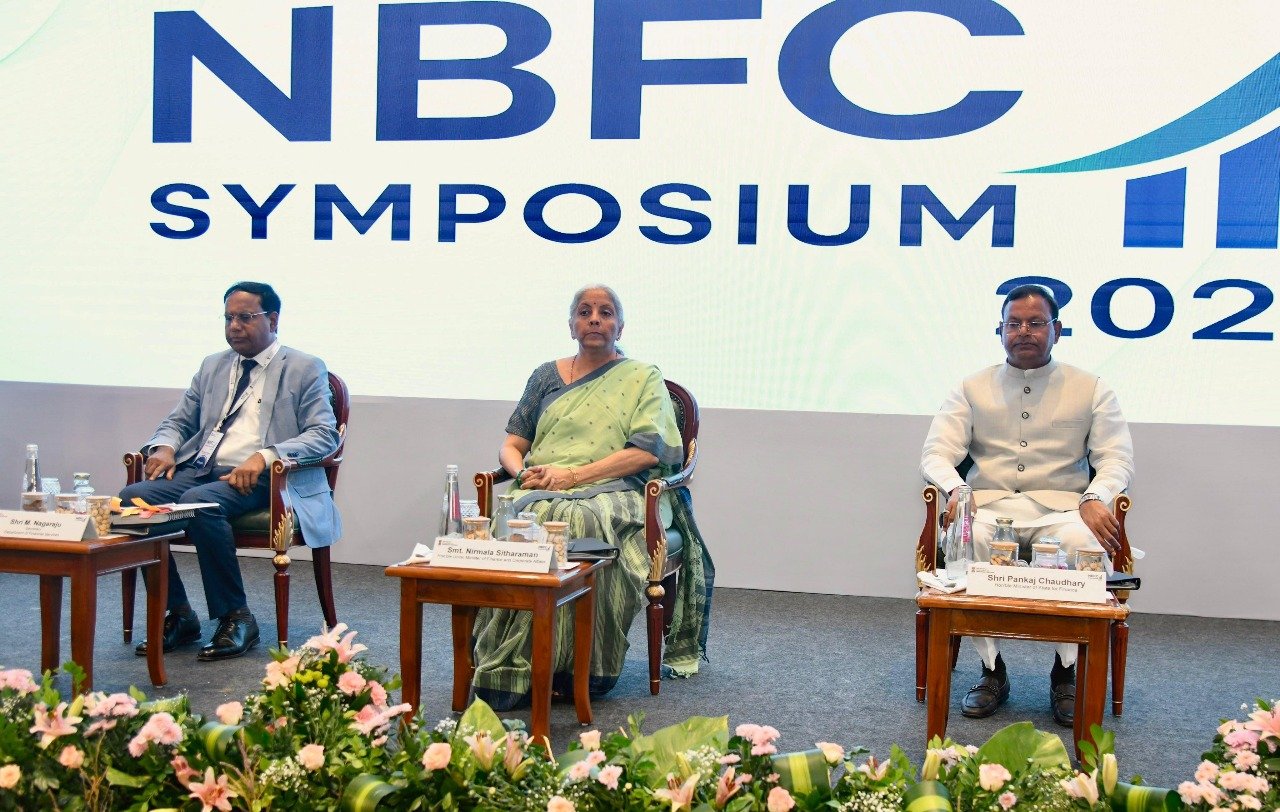
Hyderabad, Telangana ,June 19, 2024 : In a landmark move aimed at ensuring every child’s right to education, the Telangana High Court has urged the state government to implement the Right to Education (RTE) Act in its entirety. This directive underscores the court’s commitment to making quality education accessible to all children in the state, regardless of their socio-economic background.
The High Court’s Directive
The Telangana High Court, responding to a public interest litigation (PIL) filed by various child rights activists and NGOs, has expressed concern over the inadequate implementation of the RTE Act in the state. The court emphasized that the Act, which mandates free and compulsory education for children aged 6 to 14 years, is a fundamental right and must be enforced rigorously.
Justice R. Subhash Reddy, presiding over the case, remarked, “Education is the cornerstone of a progressive society. The state must ensure that no child is deprived of this basic right due to lack of resources or infrastructure. The RTE Act’s provisions need to be fully implemented to bridge the educational disparities.”
Key Provisions of the RTE Act
The Right to Education (RTE) Act, enacted in 2009, outlines several critical provisions aimed at universalizing elementary education:
1. Free and Compulsory Education : Ensures that all children between the ages of 6 and 14 have access to free education in a neighborhood school.
2. Infrastructure Development: Mandates adequate infrastructure in schools, including classrooms, toilets, drinking water, libraries, and playgrounds.
3. Teacher Allocation: Specifies the pupil-teacher ratio to ensure quality education and individual attention.
4. Inclusive Education: Emphasizes the inclusion of marginalized groups, such as children from economically weaker sections (EWS) and disadvantaged communities, by reserving 25% of seats in private schools.
Current Challenges in Telangana
Despite the RTE Act being in force for over a decade, its implementation in Telangana has faced several challenges:
1. Insufficient School Infrastructure: Many government schools lack basic amenities such as proper classrooms, sanitation facilities, and safe drinking water, hindering the learning environment.
2. Teacher Shortages: The state faces a significant shortage of trained teachers, affecting the quality of education delivered.
3. Low Enrollment and Retention Rates: Although enrollment rates have improved, retaining students, especially from marginalized communities, remains a challenge.
4. Awareness and Enforcement: There is a lack of awareness among parents about the RTE Act and the benefits it provides, coupled with insufficient enforcement mechanisms.
Government’s Response
In light of the High Court’s directive, the Telangana government has vowed to address these issues promptly. Education Minister Sabitha Indra Reddy stated, “The government is committed to fulfilling the mandate of the RTE Act. We will undertake comprehensive measures to upgrade school infrastructure, recruit qualified teachers, and ensure that every child in Telangana has access to quality education.”
The government has also announced plans to launch awareness campaigns to inform parents about the RTE Act and the avenues available for their children’s education.








